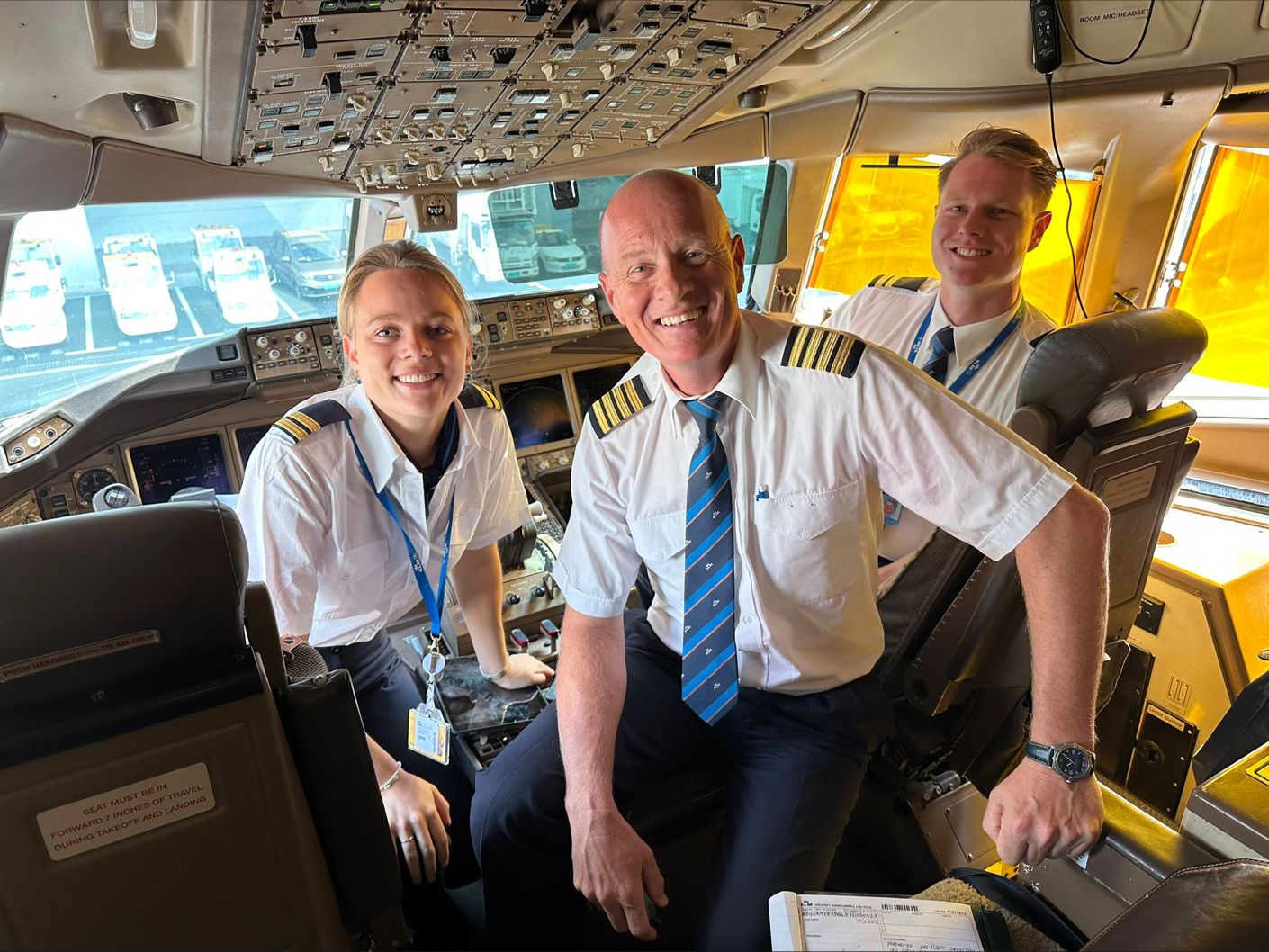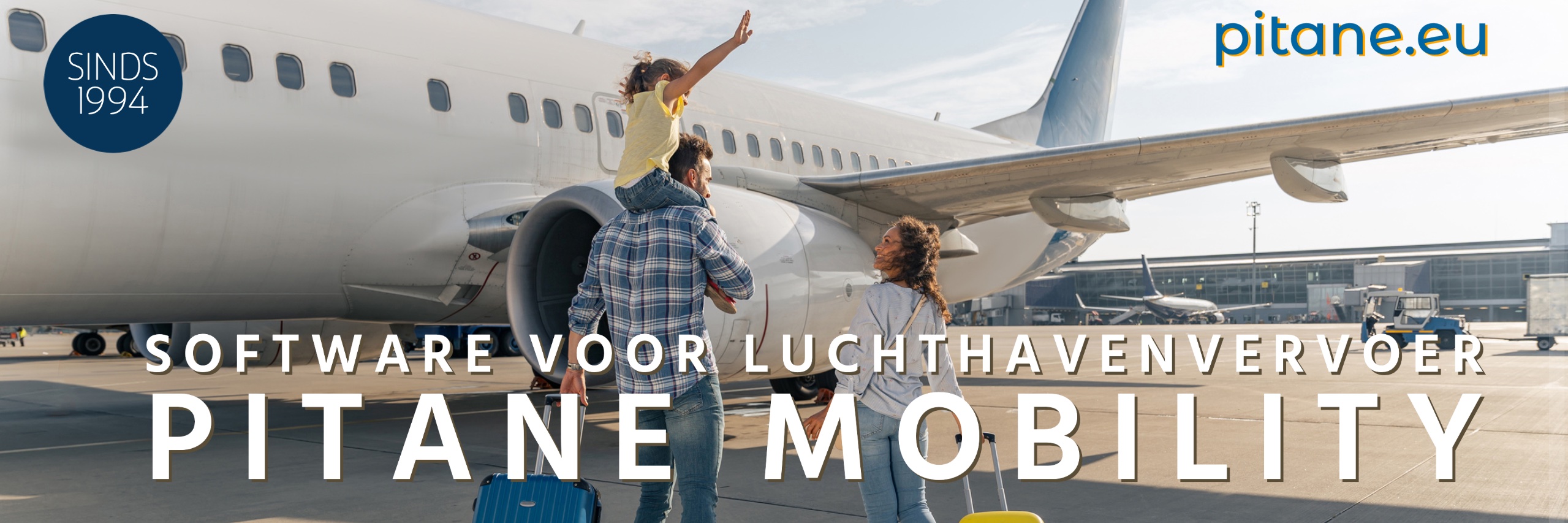At a time when any positive news is welcome, this unique family flight has something magical: it reminds us of the human stories behind the stirring headlines and policy decisions.
At a time when staff shortages are visible in many sectors, aviation is also facing a serious challenge. KLM Royal Dutch Airlines, the flagship of the Dutch aviation industry, is struggling with an acute shortage of pilots. Given the critical situation, the Dutch Airline Pilots Association (VNV) has introduced temporary measures, including the possibility of flying with two 2nd officers. This provided Arjen van Balen, a captain for the B777/B787 at KLM, with a unique opportunity: last week he flew with his two children, both classified as 2nd officers, on KL895 to Shanghai. But the situation also sheds a sharp light on the structural problem of KLM's personnel policy.
It is a story that almost feels cinematic: a father and his children, united at great heights, supported by a passion they share.
The shortage in the number of available pilots is the result of years of reluctance to hire new personnel. Many young pilots have put their careers on hold during the economic crisis years, resulting in a lack of progression to specific aircraft types. KLM announced that it would hire a hundred new pilots in the course of this year, but according to... VNV is that a step that should have been taken much earlier.
While KLM is fighting the shortages, the aviation industry as a whole is struggling with another, equally urgent issue: the government's downsizing decision, which is motivated by noise pollution problems. According to a recently conducted SEO study commissioned by various trade unions, this decision will have disastrous consequences for employment at and around Schiphol. More than 13.000 jobs will be lost, representing approximately 10 percent of total employment in the sector. That is a significant blow to an industry that, with 133.000 jobs and an economic added value of 18 billion euros, is crucial to the Dutch and local economy.
Camiel Verhagen, the chairman of VNV, criticizes the government's downsizing decision. “This is not a choice between jobs and local residents; it shouldn't be. It is a government-driven choice that is causing thousands of people to lose their jobs,” he says. The unions agree with this criticism and add that the government previously wrongly minimized the impact on employment. The lost jobs and the estimated dismissal costs of approximately 284 million euros for employers, in addition to the social costs of (temporary) unemployment between 20 and 76 million euros, are anything but marginal.
In these complex times when KLM and the Dutch aviation industry are facing multiple crises, it is becoming increasingly clear that both short-term solutions and long-term strategies are needed to keep the sector sustainable and workable. While individual families like Arjen van Balen's find moments of joy and togetherness, the current situation reveals structural problems that require a much broader and deeper approach.



